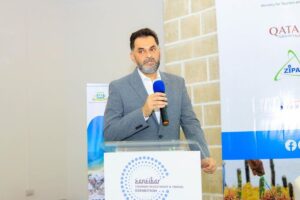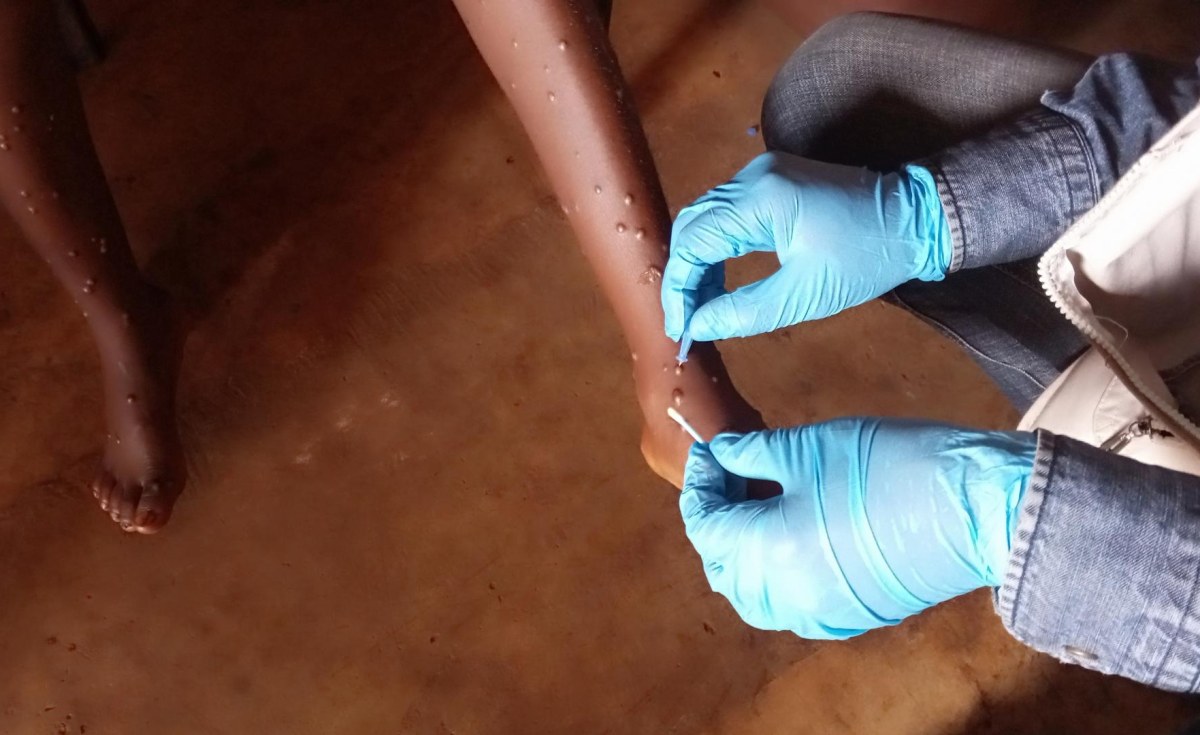Zanzibar — ZANZIBAR has launched campaign to promote domestic use of seaweed products as part of efforts to expand the market of the spices in the country.
The Acting Director of the Department of Policy, Planning and Research in the Ministry of Blue Economy and Fisheries, Mr Mohammed Said Khamis, said at the launch of a campaign on Monday that domestic use of the spices was low.
“We want people at home to consume seaweed hence increase the market,” Mr Khamis said.
He said that promoting domestic use of seaweed products was important both in Zanzibar and Tanzania mainland in improving the livelihood of farmers.
The Ministry of Blue Economy and Fisheries was out to encourage the use of seaweed through promotion of its benefits as they are rich in nutrients compared to many sea foods, he said.
“For over three decades, Zanzibar and other coastal areas in the Tanzania mainland have been growing seaweed just for export. Unfortunately not many people use it as food. We want this to change, in addition to economic benefits, it is also good for health,” he said.
The Acting Director said that in order also to boost seaweed production and improve the welfare of farmers, the ministry has been making various efforts including providing them with the farming inputs such as boats, and new farming technology.
He said the government has decided to revitalize seaweed production in response to farmer’s prolonged call for better price and value addition to boost their earnings and revenue to the government.
“The government is currently completing the construction of a seaweed processing factory at Chamanangwe, Pemba. This is a value addition. According to him, the factory will have the capacity of processing 30,000 tonnes per year.
The International Fund for Agricultural Development (IFAD), Coordinator, Ms Amina Ussi Khamis, said that the launch will help raise the value of the farmers’ sea products leading to income increase and value chain addition.
The Wakulima Hai Cooperative Society Secretary, Ms Semeni Mohammed Salum, said seaweed is one of the strategic crops and the government puts its effort into increasing productivity including the use of quality seeds that adapt to climate change. Ms Salum said that the one-year campaign to promote the use of seaweed will be implemented in five regions of Unguja and Pemba Islands, and also in other regions of Tanzania’s mainland.
Source: allafrica.com














